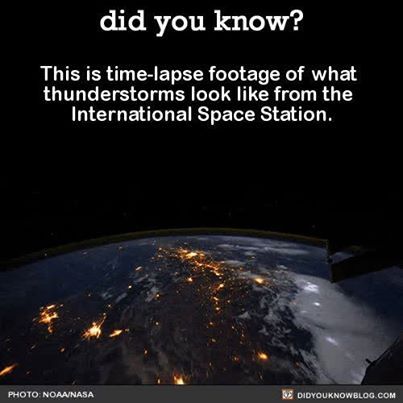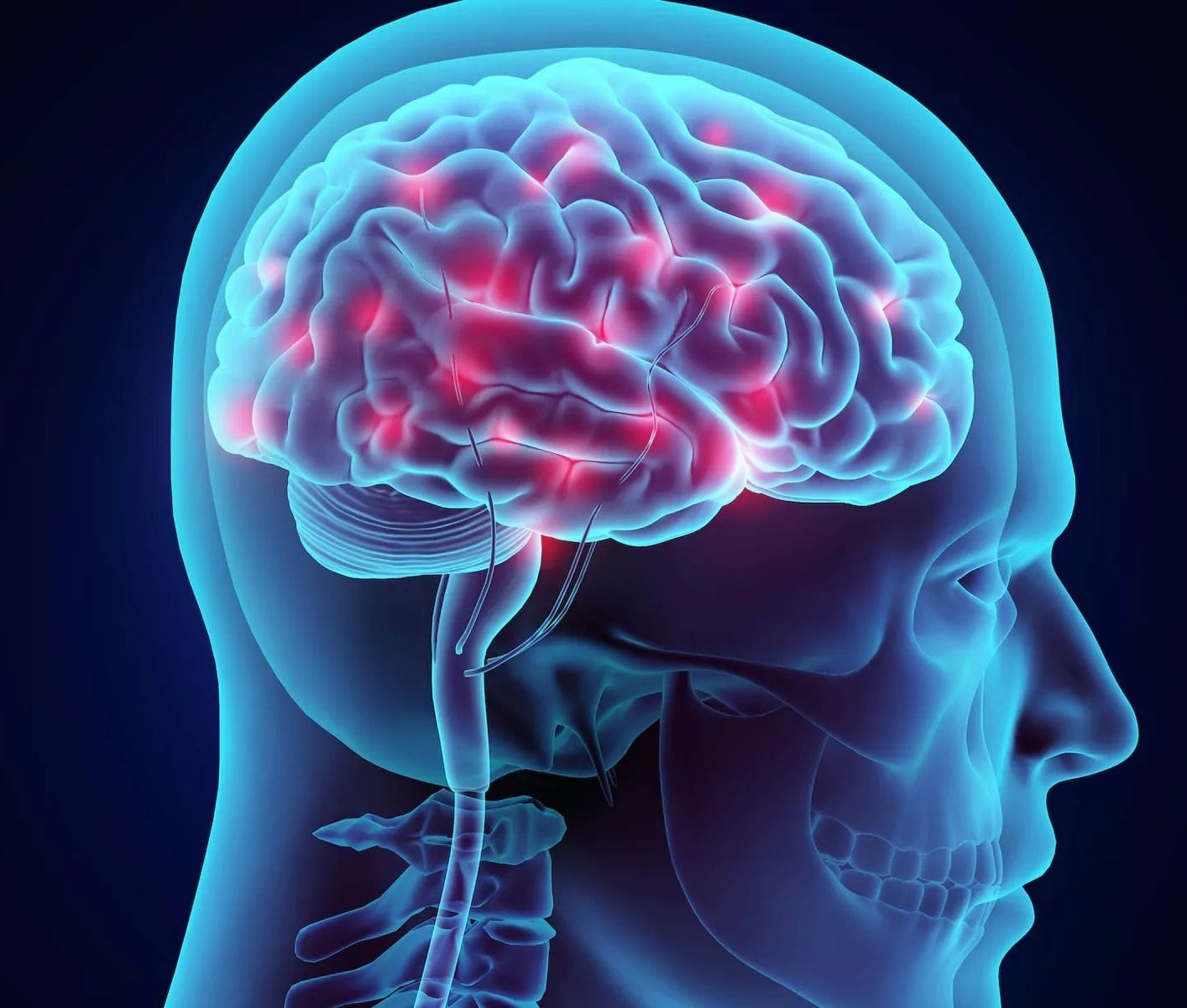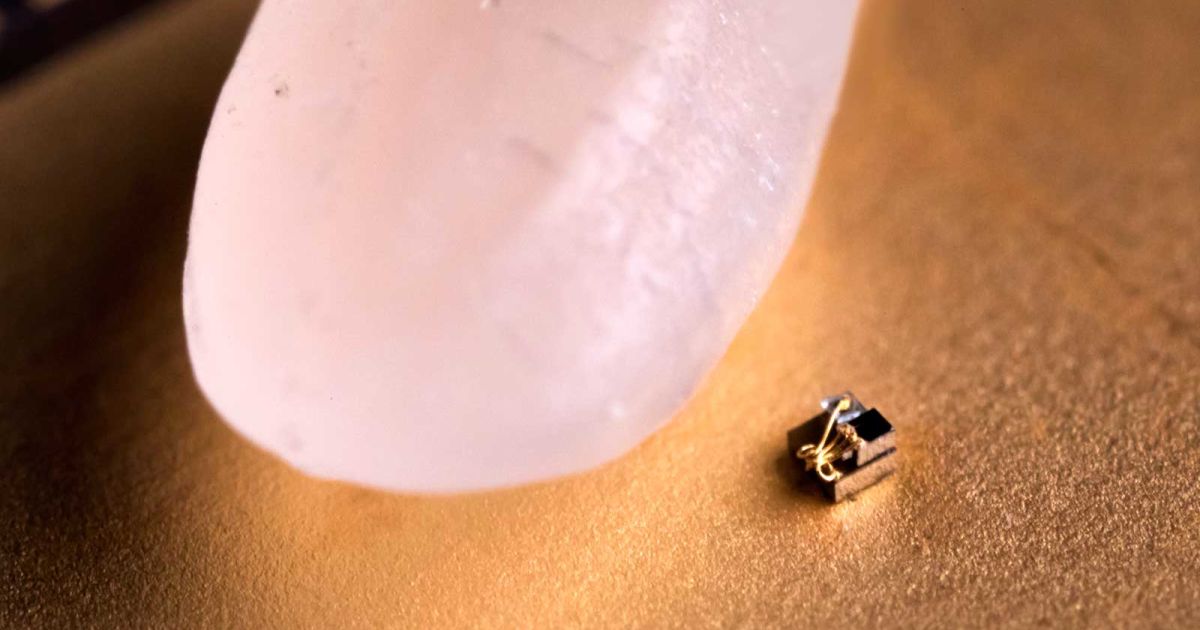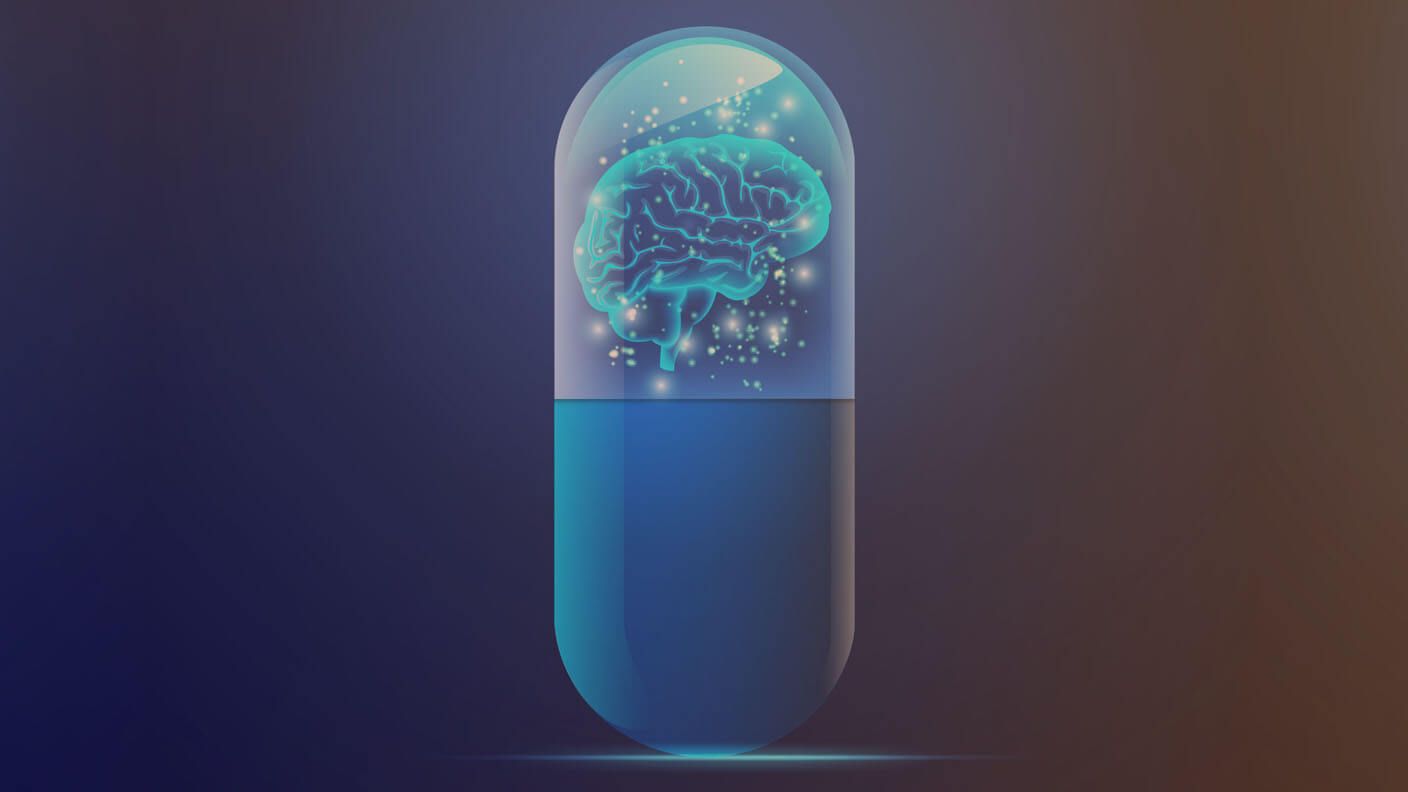Page 10083
Jun 23, 2018
This insane golden chamber contains water so pure it can dissolve metal, and is helping scientists detect dying stars
Posted by Genevieve Klien in category: particle physics
Super-Kamiokande (or “Super-K” as it’s sometimes referred to) is a neutrino detector. Neutrinos are sub-atomic particles which travel through space and pass through solid matter as though it were air.
Studying these particles is helping scientists detect dying stars and learn more about the universe. Business Insider spoke to three scientists about how the giant gold chamber works — and the dangers of conducting experiments inside it.
Jun 23, 2018
A Neuroscientist Says Video Games Positively Affect the Brain in Two Ways
Posted by Genevieve Klien in categories: entertainment, neuroscience
Ever watch ‘Your Brain on Blank’? Ever have a question about the brain? Then you’re in the right place. Join us as neuroscience Ph.D. candidate Shannon Odell takes a few minutes to answer some of the write-in questions from our viewers about how different stimuli affect your brain.
Jun 23, 2018
Moths Can Use the Earth’s Magnetic Field to Navigate
Posted by Genevieve Klien in category: futurism
These plain brown moths can complete long distance migrations by moonlight, using the magnetic field like a compass.
Jun 23, 2018
World’s tiniest ‘computer’ makes a grain of rice seem massive
Posted by Genevieve Klien in categories: biotech/medical, computing
You didn’t think scientists would let IBM’s “world’s smallest computer” boast go unchallenged, did you? Sure enough, University of Michigan has produced a temperature sensing ‘computer’ measuring 0.04 cubic millimeters, or about a tenth the size of IBM’s former record-setter. It’s so small that one grain of rice seems gigantic in comparison — and it’s so sensitive that its transmission LED could instigate currents in its circuits.
The size limitations forced researchers to get creative to reduce the effect of light. They switched from diodes to switched capacitors, and had to fight the relative increase in electrical noise that comes from running on a device that uses so little power.
The result is a sensor that can measure changes in extremely small regions, like a group of cells in your body. Scientists have suspected that tumors are slightly hotter than healthy tissue, but it’s been difficult to verify this until now. The minuscule device could both check this claim and, if it proves true, gauge the effectiveness of cancer treatments. The team also envisions this helping to diagnose glaucoma from inside the eye, monitor biochemical processes and even study tiny snails.
Continue reading “World’s tiniest ‘computer’ makes a grain of rice seem massive” »
Jun 23, 2018
This Engineer Is Building an Armada of Saildrones That Could Remake Weather Forecasting
Posted by Dan Kummer in category: robotics/AI
Engineer and adventurer Richard Jenkins has made oceangoing robots that could revolutionize fishing, drilling, and environmental science. His aim: a thousand of them.
Jun 23, 2018
This floating robotic factory will build satellites and spaceships in orbit
Posted by Klaus Baldauf in categories: 3D printing, robotics/AI, satellites
The Archinaut, a system made of 3D printers and robotic arms, could be the flying factory humans need to colonize space.

Collection of many amazing and stunning facts which you have never ever heard before!! A better place for Space, NASA, & astronomy facts.
Jun 23, 2018
How Artificial Intelligence Could Help Us Live Longer
Posted by Klaus Baldauf in category: robotics/AI
Insilico and its researchers are the first in the world to use GANs to generate molecules.
“The GAN technique is essentially an adversarial game between two deep neural networks,” as Alex explains.
While one generates meaningful noise in response to input, the other evaluates the generator’s output. Both networks thereby learn to generate increasingly perfect output.
Continue reading “How Artificial Intelligence Could Help Us Live Longer” »
Jun 23, 2018
How machine intelligence is remaking the American economy
Posted by Klaus Baldauf in categories: economics, robotics/AI
American companies like Amazon and Netflix are already using artificial intelligence, says data scientist Michael Li, and ones that will not adapt will be left behind. What we need is to expand the discussion and possible regulation of this new technology that is transforming our lives.
















